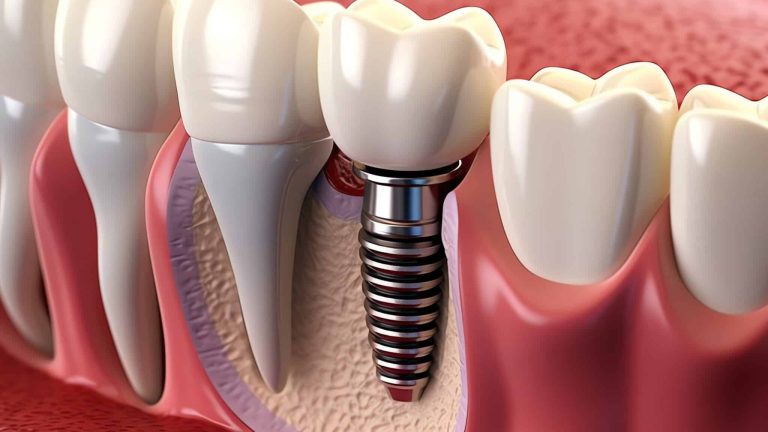Tooth loss can have a significant impact on daily life, affecting both chewing function and aesthetic appearance, as well as a person’s self-esteem. Fortunately, modern dentistry offers various solutions to restore missing teeth, and among the most common are fixed and removable dental prostheses. Both options have their advantages and disadvantages, and choosing the best one for you will depend on several factors, such as your needs, lifestyle, and oral health status. In this article, we will explore in detail the differences between fixed and removable prostheses, their benefits, drawbacks, the placement process, and which might be the most suitable option for each type of patient.
1. What is a Dental Prosthesis?
Before diving into the differences between fixed and removable prostheses, it is important to understand what a dental prosthesis is. A dental prosthesis is a structure designed to replace one or more missing teeth and restore the functionality and aesthetics of the mouth. Its primary goal is to improve the patient’s ability to chew, speak, and smile with confidence. Prostheses can be partial, replacing only some teeth, or complete, when they replace all teeth in a dental arch.
There are two main categories of dental prostheses: fixed prostheses and removable prostheses.
2. What is a Fixed Prosthesis?
A fixed dental prosthesis, as its name suggests, is permanently attached to natural teeth or dental implants and cannot be removed by the patient. These prostheses are designed to be as durable and stable as possible, providing a dental restoration that closely mimics the function and appearance of natural teeth.
Types of Fixed Prostheses:
- Dental Crowns: Used to cover an individual damaged or weakened tooth, restoring its shape, function, and appearance. They are fixed to the natural tooth by cementing.
- Dental Bridges: Used when one or more consecutive teeth are missing. A bridge consists of artificial teeth that replace the missing ones and is supported by crowns fixed to the adjacent teeth.
- Dental Implants with Crowns or Bridges: Implants are titanium artificial roots surgically inserted into the jawbone. A fixed prosthesis, such as a crown or bridge, is placed over these implants, providing an extremely stable and durable solution.
3. What is a Removable Prosthesis?
A removable prosthesis is one that the patient can take in and out as needed. These prostheses are designed to replace missing teeth either temporarily or permanently, but they are not cemented or permanently fixed in the mouth.
Types of Removable Prostheses:
- Removable Partial Prostheses: These prostheses are used when the patient is missing some teeth but still has several healthy natural teeth that can serve as support. They are held in place with hooks or clasps attached to the natural teeth.
- Removable Complete Prostheses: Also known as complete dentures, these prostheses are used when the patient has lost all teeth in one or both dental arches. The complete prosthesis sits on the gums and jawbone, held mainly by suction and, in some cases, special adhesives.
4. Key Differences Between Fixed and Removable Prostheses
To make an informed decision, it is crucial to understand the main differences between fixed and removable prostheses. Below, we break down the key factors that may influence the choice of each.
4.1. Stability and Retention
- Fixed Prosthesis: Fixed prostheses are extremely stable because they are permanently attached to natural teeth or implants. They do not move or slip while the patient chews or speaks, offering great comfort and confidence.
- Removable Prosthesis: Removable prostheses, especially partial ones, can offer a proper fit but tend to have less stability than fixed ones. Removable complete prostheses rely heavily on suction and may sometimes move or slip, which can be uncomfortable or embarrassing for some patients.
4.2. Comfort
- Fixed Prosthesis: Since fixed prostheses are permanently cemented or screwed in place, they tend to feel more natural in the mouth over time. Additionally, as they do not need to be removed for daily cleaning, they offer an experience more similar to having natural teeth.
- Removable Prosthesis: Removable prostheses can take longer to adapt to and may cause discomfort at first. They also need to be removed for daily cleaning, and in the case of complete dentures, dental adhesives may be necessary to keep them in place, which can be inconvenient.
4.3. Aesthetics
- Fixed Prosthesis: Fixed prostheses, especially crowns and bridges made of porcelain or ceramic, are designed to closely resemble natural teeth in terms of color, shape, and size. This gives them a significant aesthetic advantage over removable prostheses.
- Removable Prosthesis: Although modern removable prostheses are designed to be discreet, the metal parts or visible hooks on partial prostheses may be less aesthetically pleasing. Removable complete dentures may also not offer the same level of realism as a fixed prosthesis on implants.
4.4. Durability
- Fixed Prosthesis: With proper care, fixed prostheses can last many years, even decades. Well-maintained crowns and bridges can withstand the daily wear of chewing without needing replacement for a long time. Dental implants, in particular, have a very high success rate and can last a lifetime.
- Removable Prosthesis: While removable prostheses can also last several years, they often need to be adjusted or replaced more frequently due to wear or changes in jaw structure over time.
4.5. Care and Maintenance
- Fixed Prosthesis: Fixed prostheses require maintenance similar to that of natural teeth. They need to be brushed and flossed daily to keep them clean and healthy. They do not need to be removed, making them more convenient for daily care.
- Removable Prosthesis: Removable prostheses must be taken out of the mouth for daily cleaning. Partial prostheses must be cleaned thoroughly to avoid food particles and bacteria building up around the hooks, while complete dentures should be soaked in a cleaning solution when not in use.
4.6. Cost
- Fixed Prosthesis: Generally, fixed prostheses tend to be more expensive than removable ones, especially if they involve dental implants. The implant placement process requires surgery and several visits to the dentist, increasing the total cost. However, their durability and stability make them a long-term investment.
- Removable Prosthesis: Removable prostheses are usually more affordable than fixed ones, and the fabrication and adjustment process is less invasive. This makes them an attractive option for patients with tighter budgets or those looking for a temporary solution.
5. Which is the Best Option for You?
Now that we’ve analyzed the main differences between fixed and removable prostheses, how can you know which is the best option for you? The answer depends on several individual factors:
5.1. The Condition of Your Teeth and Gums
If you have healthy natural teeth that can support a fixed prosthesis, such as a bridge, this may be an excellent option. However, if you’ve lost most of your teeth or your gum structure is not strong enough, a removable prosthesis or dental implants may be more suitable.
5.2. Budget
Cost is an important factor to consider. While fixed prostheses, especially those placed on implants, tend to be more expensive, they offer a durable and aesthetic solution. Removable prostheses, on the other hand, are more affordable but may require more frequent adjustments or replacements.
5.3. Comfort and Lifestyle
If you prefer a solution that doesn’t need to be removed daily and feels more natural, a fixed prosthesis may be the best option. Removable prostheses may be more convenient if you’re looking for a temporary option or if you want something you can easily take out for cleaning.
5.4. Aesthetics and Appearance
If the appearance of your smile is a priority, a fixed prosthesis, especially those made of porcelain or ceramic, will provide the most natural result. Removable prostheses, while discreet, may not offer the same level of realism as fixed ones.
6. Conclusion: Fixed or Removable Prosthesis, The Choice is Yours
The decision between a fixed and removable prosthesis depends on your individual needs, budget, and expectations in terms of comfort and aesthetics. Both options have their advantages, and consulting with a specialist at Clínicas La Guardia can help you determine the best solution for you.
If you’re considering a dental prosthesis, don’t hesitate to contact us at Clínicas La Guardia to schedule a consultation and receive a personalized evaluation.



